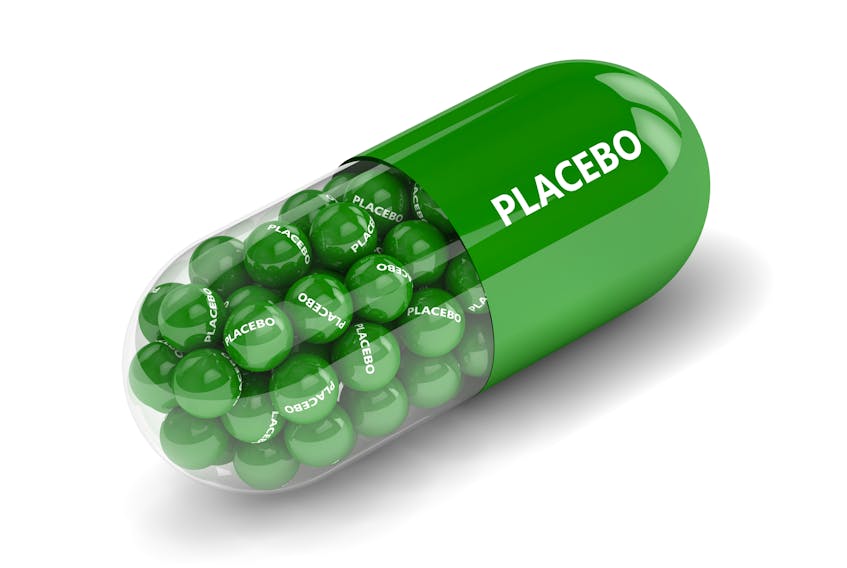Have you ever taken an Advil and immediately felt your headache drift away, long before the drug has had time to sink in? Just the motion of swallowing that pill and knowing relief is on the way can be enough for some folks to truly feel their symptoms lessen. That’s the placebo effect at work.

To be clear, a placebo effect and a placebo are two different things. While a placebo is an inactive substance itself, a placebo effect essentially refers to any effects felt after taking a certain substance, that cannot be attributed directly to the substance itself.
For example, if you’re told that taking Advil once a week will improve your vision, despite the pill not really having the capability to do so, and then you feel that your vision has improved after several weeks of “treatment,” you might be experiencing the placebo effect.
To me, it’s a fascinating concept and a demonstration that the human mind is capable of convincing us of quite a lot. According to an article shared in Harvard Health, how placebos work is still not fully understood, but the phenomenon can be traced to a neurobiological reaction that generates activity in areas of the brain linked to mood and self-awareness. This means when beneficial effects are produced by a certain drug, treatment, or even activity, and cannot be directly attributed to the thing itself, they are likely caused by the participant’s belief alone.
I’m no stranger to the placebo effect myself, in fact, I think I experienced it quite recently. After months of feeling unusually fatigued and weak, I decided to add a few supplements to my diet to see if small changes could make me feel better. After doing a bit of research, I started taking B12, iron, and calcium pills once a day. Within a day or two, I had convinced myself that I was already feeling better. I was no longer coming home from work and immediately feeling like I needed a nap or struggling to keep my eyes open at my desk. Is it likely that the iron and B12 had adjusted my system that quickly? Probably not. But because I had faith in their ability, my mind got on board and told me I was feeling better.
I’m a firm believer that the placebo effect can be a great thing. If something makes you feel better, that’s better. To be clear, I’m obviously only talking about minor things. Neither placebos nor the placebo effect can cure cancer or heal an open wound, but they can affect the way your brain perceives the pain associated with something. Using this to our advantage can be effective for things like pain management, stress relief, and fatigue.
A second article released by Harvard Health explains that expectations have a lot to do with effects. If you truly believe that stretching once a day will give you a boost in happiness, or that drinking a glass of water before bed will prevent nightmares, there’s a good chance you’ll benefit from the belief.
Are you a believer in the power of the placebo effect?
Jill Ellsworth is a writer and communications specialist who lives in Dominion, N.S. Her column appears biweekly across the SaltWire Network. She can be reached at [email protected].









